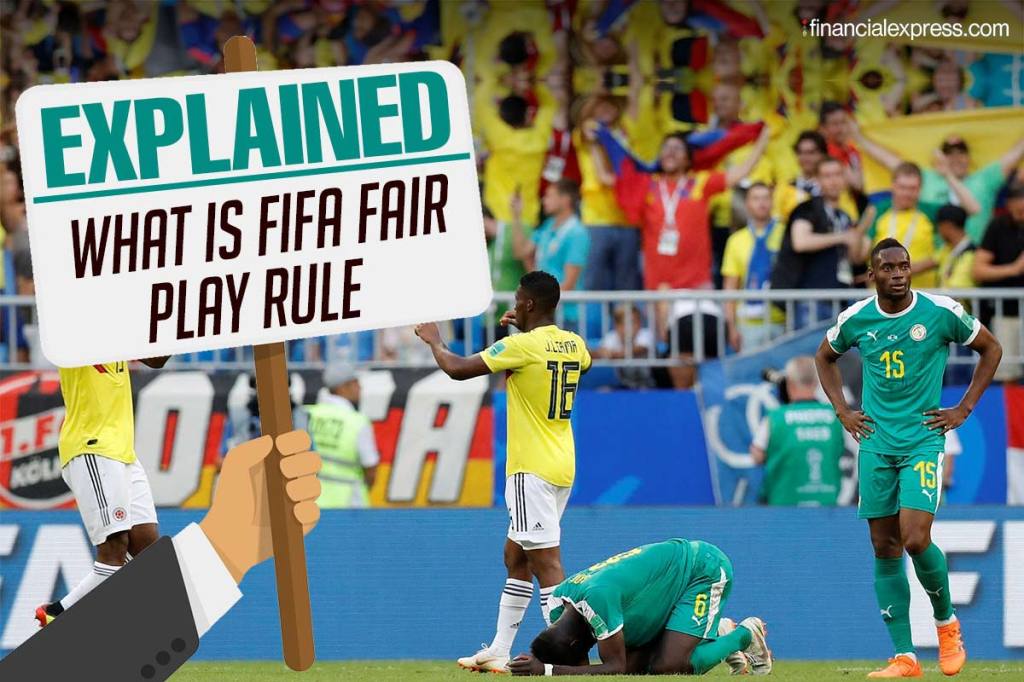The last day of FIFA World Cup 2018 group stage was full of drama as the last African team standing, Senegal, lost to Colombia 1-0 on Thursday, leaving it even with Japan on record, goal differential, total goals and head-to-head. It was a heartbreak moment for coach Aliou Cisse and his men as they were asked to go home on the basis on fair play tiebreaker – which team accumulated fewer yellow cards. Japan had four, Senegal had six.
The South African nation became the first country to be knocked out of a World Cup due to yellow cards. A furious Cisse hit out at FIFA after the match saying that he is not sure if the regulation is cruel or not but he can’t ask his players to go on the pitch in order to avoid yellow cards. It is also the first time since 1982 that an African team failed to reach the tournament’s second round.
What is the fair play tiebreaker?
FIFA has introduced a total of eight tiebreakers to determine which team advances from the group stage and which does not in case of a second-place tie. If the first six tiebreakers are unable to decide the matter, the governing body turns to the seventh and probably the most controversial measure – Fair Play Conduct Points. The system basically rewards the team that doesn’t collect yellow and red cards.
How does it work?
All the teams begin the tournament with zero points each and lose points for each carded foul given by a referee.
– One point for each yellow card
– Three points for each secondary yellow that leads to a red card
– Four points for a straight red card
– Five points for a yellow card and straight red card
FIFA then adds the total number of points each team has lost and the one with least number of violations wins the tiebreaker.
Impact on FIFA World Cup 2018
In the last two matches of Group H played on Thursday, Colombia defeated Senegal 1-0, and Japan lost to Poland by the same score. Colombia topped the group with 6 points while Japan and Senegal finished at 4 points each. In fact, they were level on first six tiebreakers: group stage points (four), goal differential (even), goals scored in group matches (four), head-to-head result (a draw), head-to-head differential and head-to-head goals.
This sent the matter to the seventh tiebreaker: fair play points. The standings for which looked like this –
– Colombia (2-0-1, 6 points)
– Japan (1-1-1, 4 points), minus-4 fair play points
– Senegal (1-1-1, 4 points), minus-6 fair play points
Japan eventually advanced to the next round on the basis of fair play standings and will now face Group G topper England that finished with 9 points. A similar situation would have happened in Group G as well where England and Belgium had six points each before the third and final game against each other.
If the match had ended in a draw and both teams had finished on 7 points each, fair play tiebreaker would have been used to determine the table topper.


